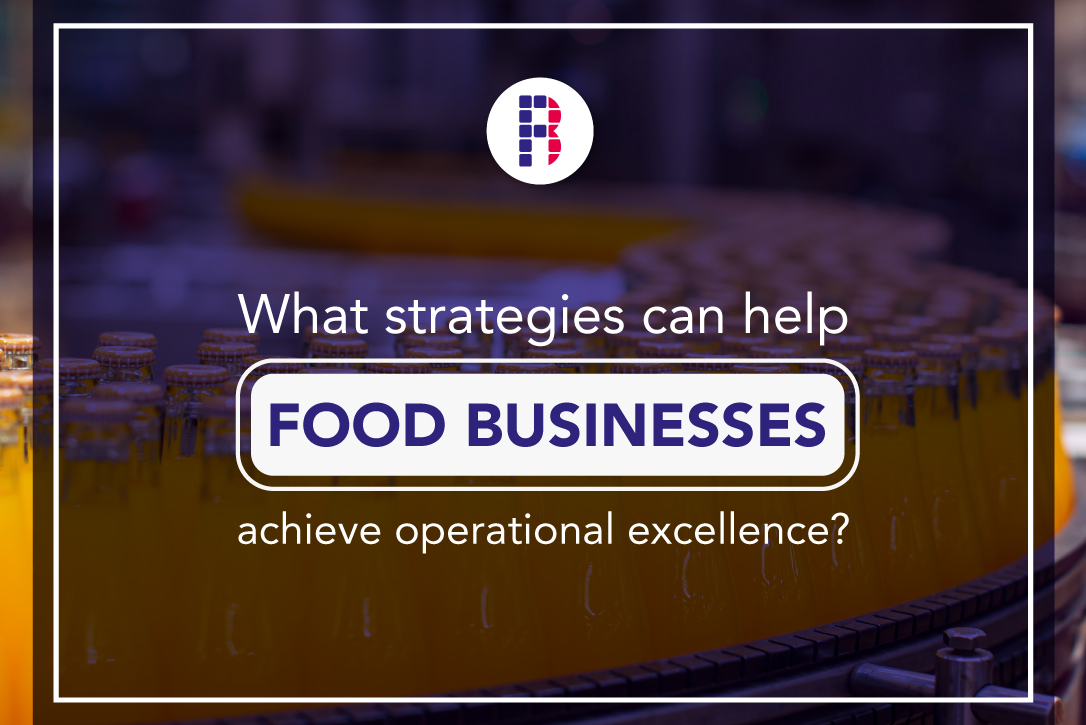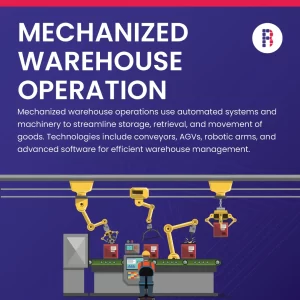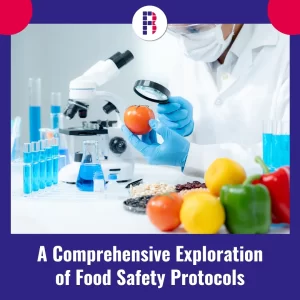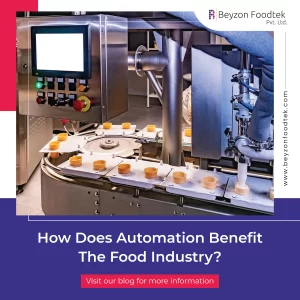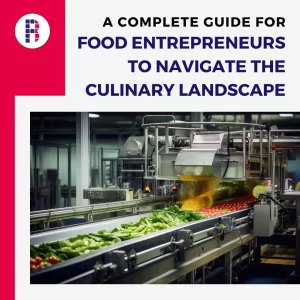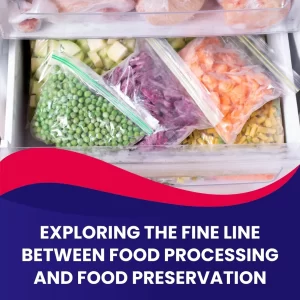Operational excellence is the pursuit of efficiency, effectiveness, and quality across all aspects of a business. In the food industry, where competition is fierce and consumer expectations are high, achieving operational excellence is crucial. It involves streamlining processes, optimizing resources, and delivering consistent, high-quality products. In this blog, we’ll explore some easy-to-understand strategies that can help food businesses achieve operational excellence.
- Lean Manufacturing: Minimize Waste
Lean manufacturing focuses on minimizing waste in all its forms: time, materials, and effort. To apply this strategy in the food industry, businesses can:
- Implement Just-In-Time (JIT) Inventory: Keep inventory levels low by ordering supplies and ingredients as needed, reducing storage costs and waste.
- Standardize Processes: Create standardized operating procedures that eliminate variations and errors in production.
- Continuous Improvement: Encourage a culture of continuous improvement where employees are empowered to identify and address inefficiencies.
- Quality Management Systems: Ensure Consistency
Ensuring consistent quality is essential in the food industry. Adopting a Quality Management System (QMS) can help:
- Establish Quality Standards: Define clear quality standards for ingredients, processes, and finished products.
- Regular Audits: Conduct regular audits to identify areas for improvement and ensure compliance with quality standards.
- Feedback Loops: Establish mechanisms for collecting feedback from customers and employees to refine processes and address issues promptly.
- Supply Chain Optimization: Seamless Flow
A well-optimized supply chain is critical for operational excellence:
- Supplier Collaboration: Build strong relationships with suppliers to ensure timely and reliable deliveries of raw materials.
- Demand Forecasting: Utilize data and analytics to forecast demand accurately, preventing overstocking or stockouts.
- Efficient Logistics: Streamline transportation and distribution processes to reduce delays and minimize product spoilage.
- Employee Training and Engagement: Empower Your Team
Engaged and skilled employees contribute significantly to operational excellence:
- Comprehensive Training: Provide thorough training to employees to ensure they understand processes and can operate equipment effectively.
- Empower Decision-Making: Encourage employees to participate in process improvement initiatives and give them the authority to make decisions that enhance efficiency.
- Technology Integration: Leverage Automation
Technology can significantly enhance operational efficiency in the food industry:
- Automation: Integrate automation in production and packaging processes to reduce manual labor and minimize errors.
- Data Analytics: Utilize data analytics to monitor and optimize processes, identifying bottlenecks and areas for improvement.
Conclusion
Operational excellence is a continuous journey that requires a holistic approach and commitment from all levels of a food business. By implementing lean manufacturing, establishing quality management systems, optimizing the supply chain, empowering employees, and leveraging technology, food businesses can achieve operational excellence. Ultimately, these strategies lead to enhanced efficiency, reduced costs, consistent quality, and improved customer satisfaction in the dynamic and competitive food industry.
